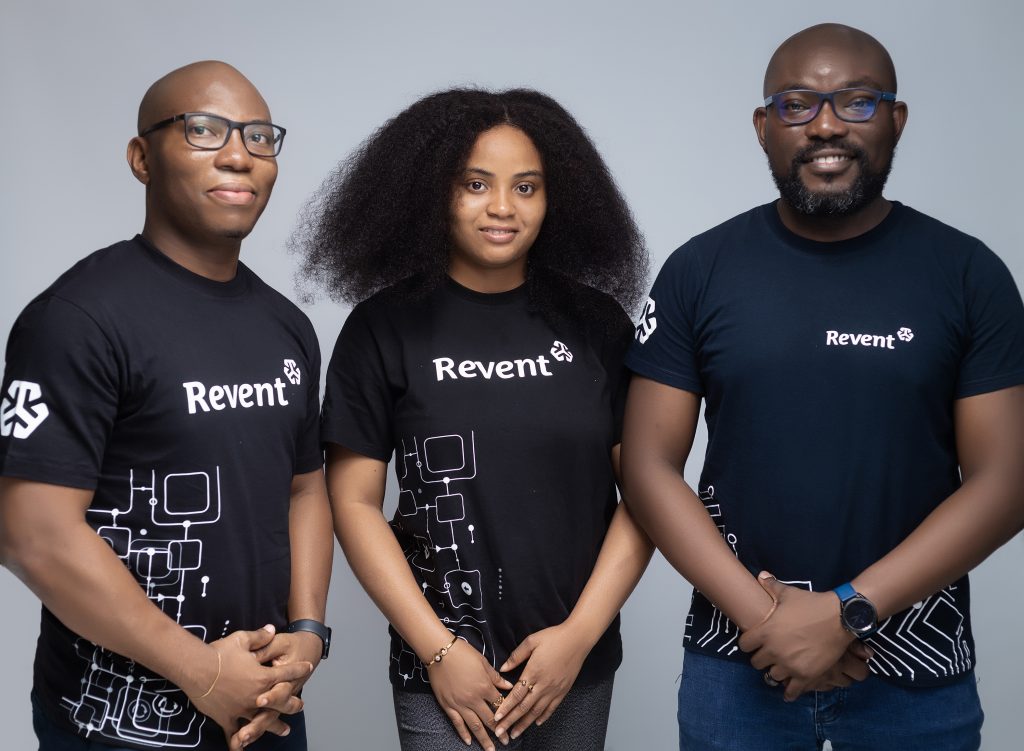Or very swift, if you like puns. 20 megs down and 8 up, according to Chuka Ofili, who isn’t one of the most avid tweeps out there, but felt the uncharacteristic need to tweet a sterling vote of confidence in Swift Networks’ newly rolled out LTE infrastructure.
New Swift LTE test device = 10/10. 20MB down/8MB up. Fantastic stuff, way to go @SWIFTNetworks cc: @MrBankole
— Chuka Ofili (@chukaofili) October 10, 2013
Chuka is obviously one of the 500 long-standing customer volunteers whom Swift selected for their 4G LTE pilot, prior to its impending mainstream rollout in Lagos soon. I asked him to do a speedtest, which he kindly obliged. Although the two he sent me didn’t quite live up to his twitter applause, they come close enough.
15 megs down, 5 up.
This one is slightly better. 16 megs down.
In contrast, here’s the average speed that the rest of us currently live with.
Put in another way, if these speeds bear out beyond the pilot and are sustained when the product reaches the mainstream, Swift’s LTE networks will deliver download speeds that are > 700 percent faster than the current middling 3G on the market. In theory, LTE should be ten times faster than 3G, but right now I’d be more than happy with 7 times as fast too.
Of course, it’s only a matter of time before the other ISPs, mobile networks in particular, catch up to Swift. Depending on how soon they are allocated spectrum. Besides, I’ve been hearing really good things about Smile’s 4G LTE network, launched earlier in the year, in Ibadan, strangely. It would be good to get a speedtest from any of their patrons.
The results from the Swift pilot must be great news for not just Swift Networks subscribers, but also for the ones who used to be on Direct On PC’s UnWired service. Since Swift acquired the smaller ISP, I’ve heard numerous tales of woe from users who suddenly woke to discover that their trusty internet vendor had been acquired by a relatively crappy one. ThisDay reports that Swift has been building out the LTE network on their new acquisition’s spectrum resources, which might explain the trouble. Perhaps, it might turn out to have been for the best, and maybe Swift will finally live up to the name?













